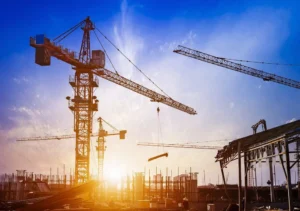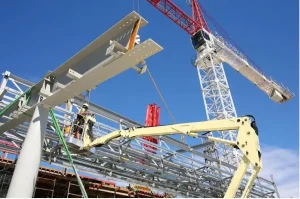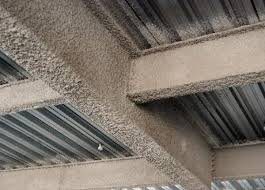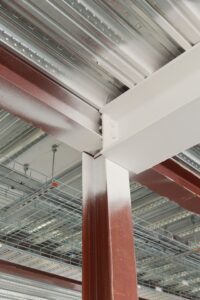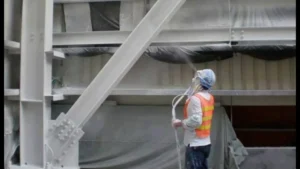Fundamental Principles of Modular Construction
Understanding Modular Construction
Modular construction is a revolutionary approach where buildings are designed, manufactured, and assembled in sections—or modules—off-site in a controlled environment. These modules are then transported to the construction site and assembled into complete structures.
The Fundamental Principles of Modular Construction guide how projects are planned, executed, and maintained, ensuring efficiency, quality, and long-term value.
H2: Principle 1 – Off-Site Fabrication
The first key principle is off-site fabrication, which separates construction from the site. By building modules in a factory-controlled environment:
-
Work is protected from weather delays.
-
Quality is strictly monitored at every stage.
-
Waste and rework are minimized, reducing costs.
For example, DTC utilizes modular units for industrial facilities and offices, ensuring fast deployment without compromising quality.
H2: Principle 2 – Standardization and Repeatability
Modular construction relies on standardized designs and repeatable processes. Components like walls, flooring, electrical systems, and plumbing are built with consistent dimensions and materials.
Benefits include:
-
Faster production cycles.
-
Lower material costs due to bulk procurement.
-
Simplified maintenance and replacement.
This principle allows modular buildings in Saudi Arabia to be scalable, adaptable, and consistent across multiple sites.
H2: Principle 3 – Integration of Design and Engineering
Successful modular construction requires early collaboration between architects, engineers, and contractors. Design and engineering must account for:
-
Structural integrity during transportation.
-
Efficient installation of MEP (mechanical, electrical, plumbing) systems.
-
Aesthetic and functional requirements for end-users.
DTC ensures that all design decisions prioritize modular efficiency while meeting client expectations for performance and comfort.
H2: Principle 4 – Precision in Manufacturing
Precision is a cornerstone of modular construction. Modules are prefabricated to exact specifications, using advanced machinery and strict quality control:
-
Structural elements are measured and assembled with high accuracy.
-
Electrical and plumbing systems are pre-installed to reduce on-site work.
-
Finishes and insulation are applied uniformly for consistency.
This level of precision ensures that modules fit together seamlessly, reducing errors during assembly on-site.
H2: Principle 5 – Transportability and Assembly
Modular buildings are designed for easy transport and rapid on-site assembly. Each module is structurally reinforced to withstand transport stresses and lifting by cranes.
Key advantages:
-
Reduces time spent on-site by 30–50%.
-
Minimizes disruption to existing facilities or operations.
-
Provides flexibility to relocate or expand buildings in the future.
For instance, temporary offices and worker accommodations in Dammam and Riyadh have been installed using these principles, delivering high-quality spaces in record time.
H2: Principle 6 – Sustainability and Resource Efficiency
Sustainability is integral to modular construction:
-
Factory-based production reduces material waste.
-
Modules can be reused or repurposed, lowering environmental impact.
-
Energy-efficient materials and designs reduce operational costs for end-users.
This aligns perfectly with Saudi Arabia’s Vision 2030 goals of promoting sustainable building practices.
H2: Principle 7 – Flexibility and Scalability
Modular buildings are inherently flexible. The modular approach allows clients to:
-
Expand buildings by adding new modules.
-
Reconfigure layouts without major reconstruction.
-
Adapt structures to changing business or operational needs.
DTC’s modular services ensure that every building is designed for future growth, giving clients a long-term solution rather than a one-time installation.
H2: Why These Principles Matter to Your Project
By adhering to the fundamental principles of modular construction, DTC delivers:
-
Faster project timelines and reduced on-site labor.
-
High-quality, durable, and precise buildings.
-
Cost-effective solutions that minimize waste.
-
Sustainable and scalable structures for commercial, industrial, and residential applications.
H2: Get Started with Modular Construction in Saudi Arabia
DTC integrates these principles into every modular project, providing end-to-end solutions from design to assembly. Whether you need temporary offices, industrial units, residential complexes, or custom prefab buildings, our modular construction services deliver exceptional value.
Contact Us:
-
Website: https://dtc.sa
-
Email: info@dtc.sa
-
Phone: +966 566 41 1325
Experience the precision, efficiency, and sustainability that comes from building with modular principles.






